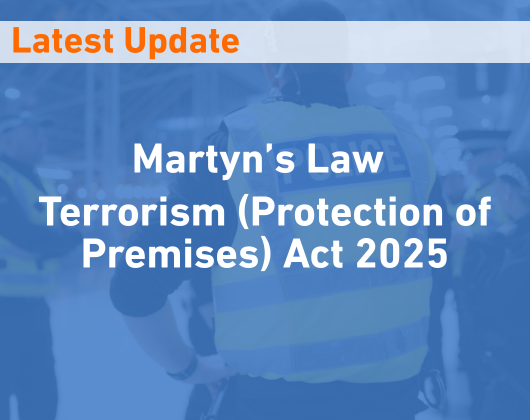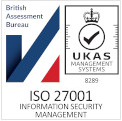Whilst on the campaign trail pre-election, UK Prime Minister Boris Johnson proposed a new law that would ramp up security at public venues to “reduce their vulnerability to people who seek to perpetrate violent acts…there are steps we can and will take to make public spaces as secure as possible.”
We were told a new Tory Government would immediately work with venue owners and operators to develop the ‘best approach’ to make facilities safe. So now we wait.
Relatives of terror victims have long called for laws which would see public venues legally required to carry out counter-terror training and enforce specific security procedures. Whilst we wait for further details on what these laws might encompass, it was indicated that large venues could be forced to draw up protocols to help visitors evacuate, much like they already have to do for fire-related incidents, with possible fines for those who fail to comply.
Such measures are surely a step in the right direction, but I hope that the conversation goes beyond fan security and safety. As a fan going to a concert or sports fixture, we already expect to need a ticket, have bags searched and be faced with metal detectors or police dogs as we enter. But what do event organisers and venue operators really know about the staff and contractors they employ? How are they identified? Do they have access to restricted areas? Are they legally allowed to work? Are they suspected criminals or terrorists?
Back in June, the Australian press broke the story that 400 security guards had been banned over alleged accreditation fraud, whereby “false, forged and/or fraudulently obtained documentation” was used to obtain security licences. The guards weren’t trained, they didn’t have real references, many were not fit for the job. Yet they were responsible for access control and crowd safety in some of Australia’s largest stadiums and venues.
The recent BBC documentary ‘Festival Drugs: Meet the Dealers’ made for uncomfortable viewing when it highlighted the ways that corrupt security guards at some of the world’s best-known music festivals were helping criminals smuggle drugs into the festival site.
They are stark reminders that the Insider Threat from those working within venues is a very real one.
If the Tory government stay true to their word, the security industry could be put under a microscope, so now is the time to make sure your stadiums, venues and events are not at risk. Take the necessary steps to be confident you know exactly who the workers and temporary staff entering your venue are. Know they are legally allowed to work, have the necessary qualifications and are not suspected criminals or terrorists.





![EAS-Accredit-300dpi[22]](https://www.accredit-solutions.com/wp-content/uploads/2024/01/EAS-Accredit-300dpi22-300x156.png)

